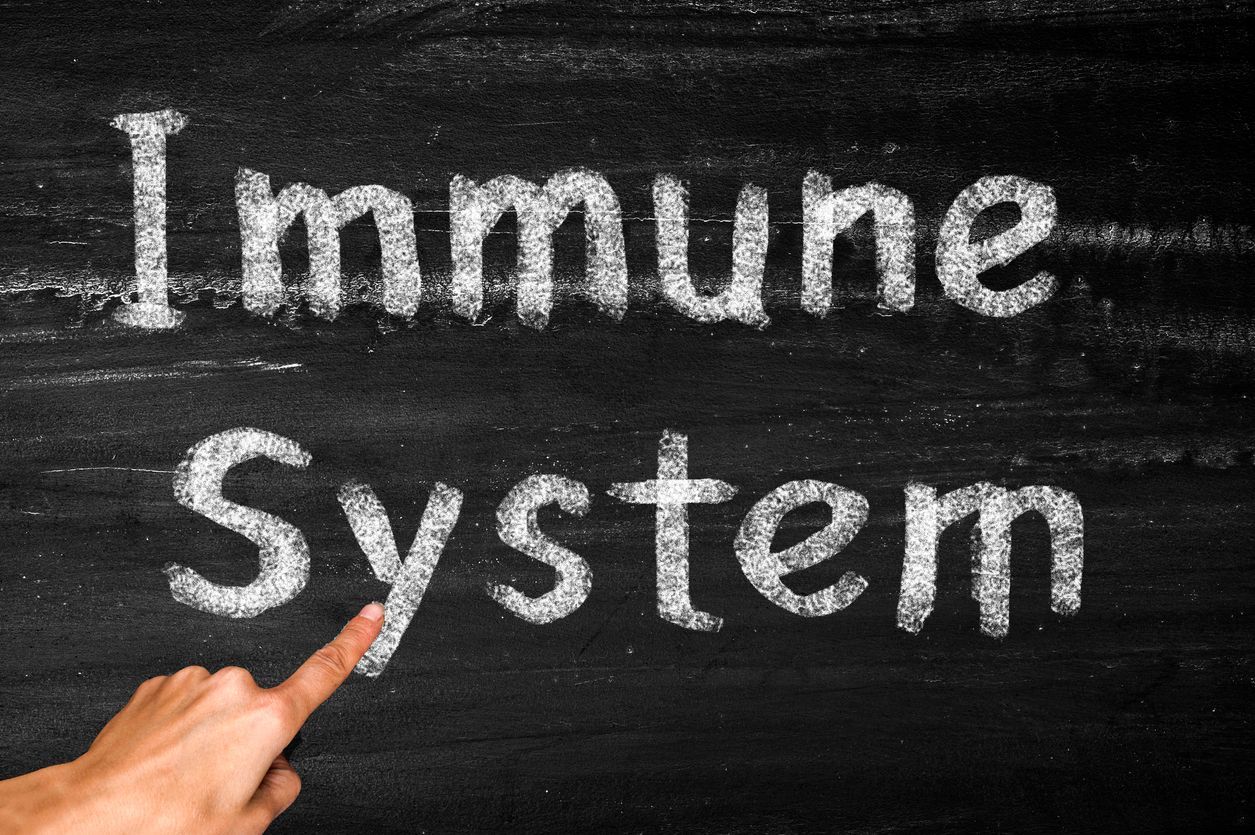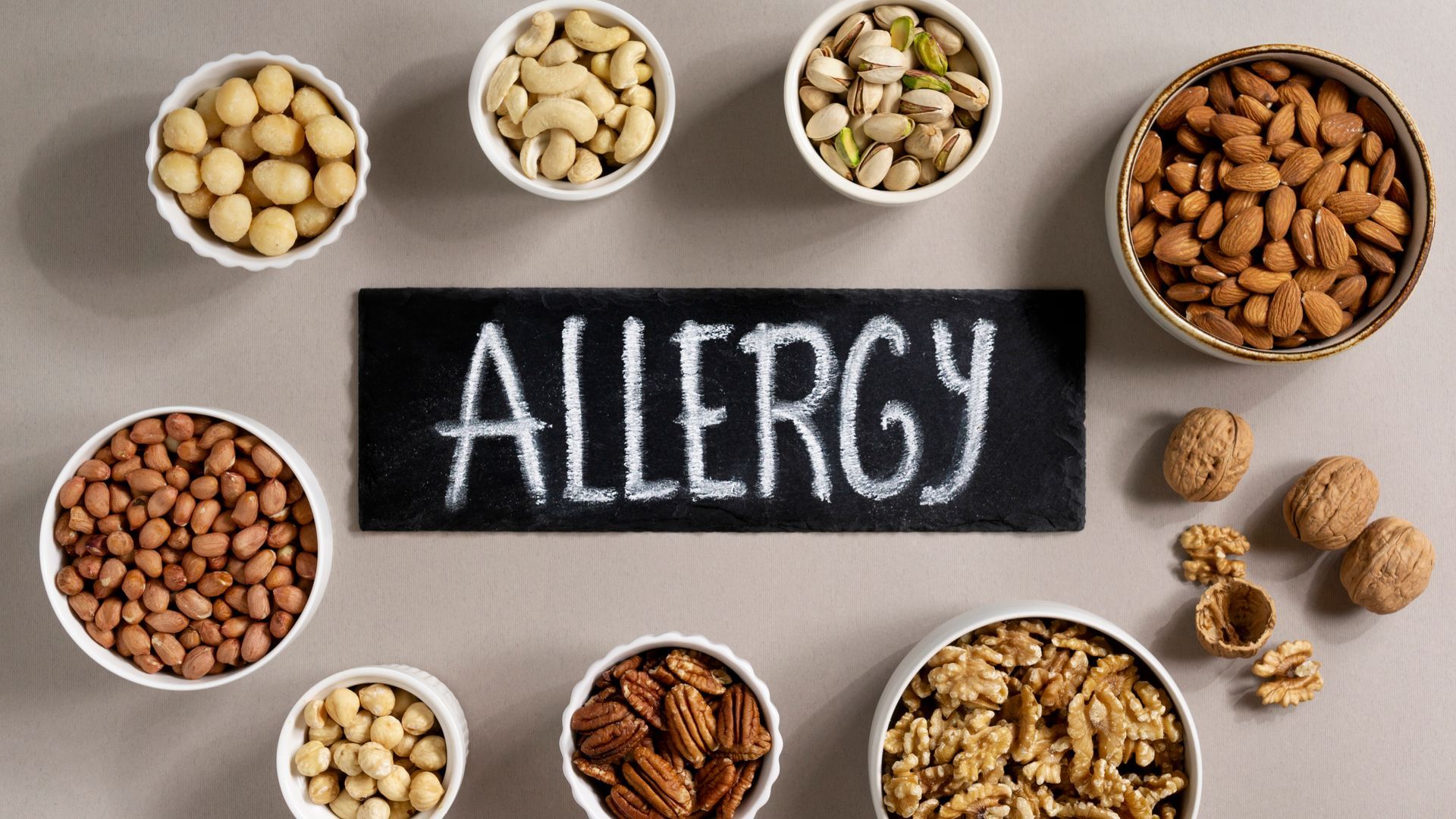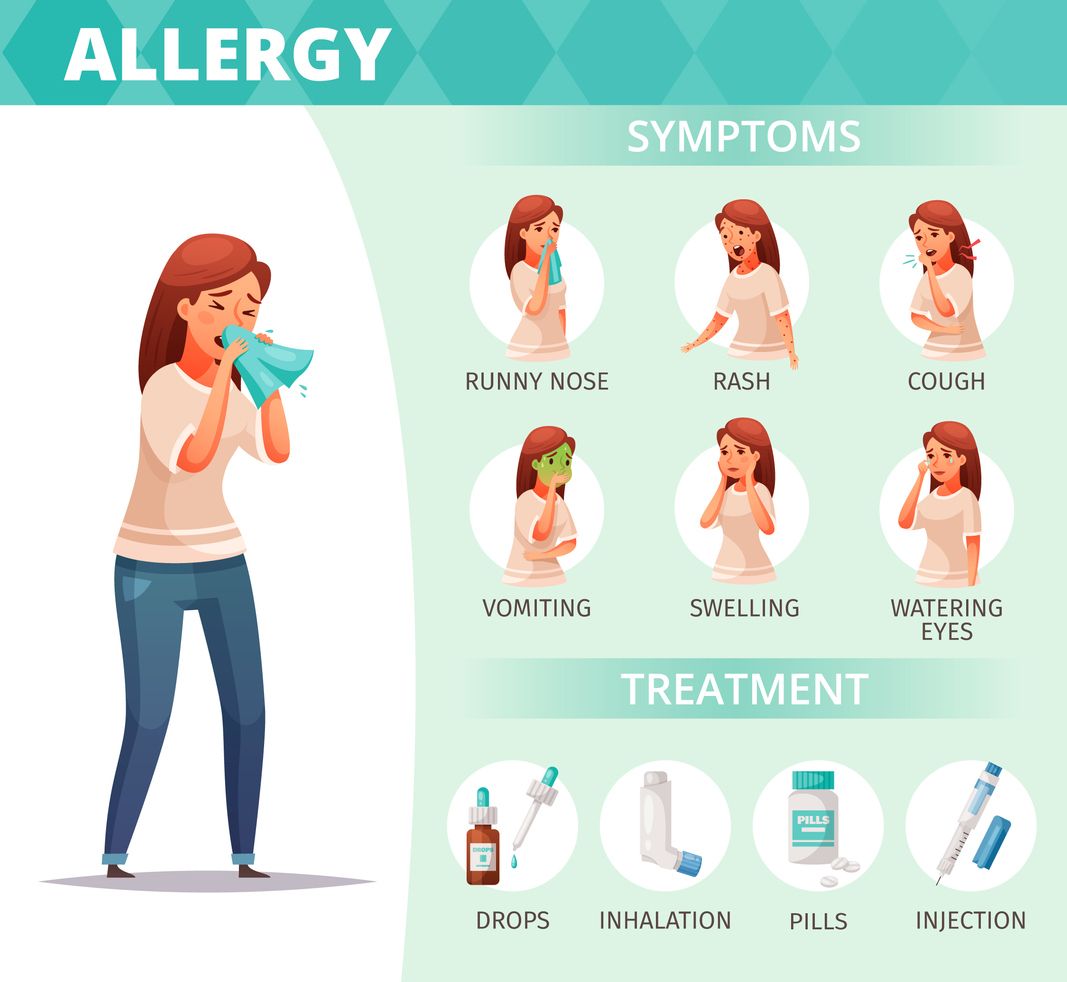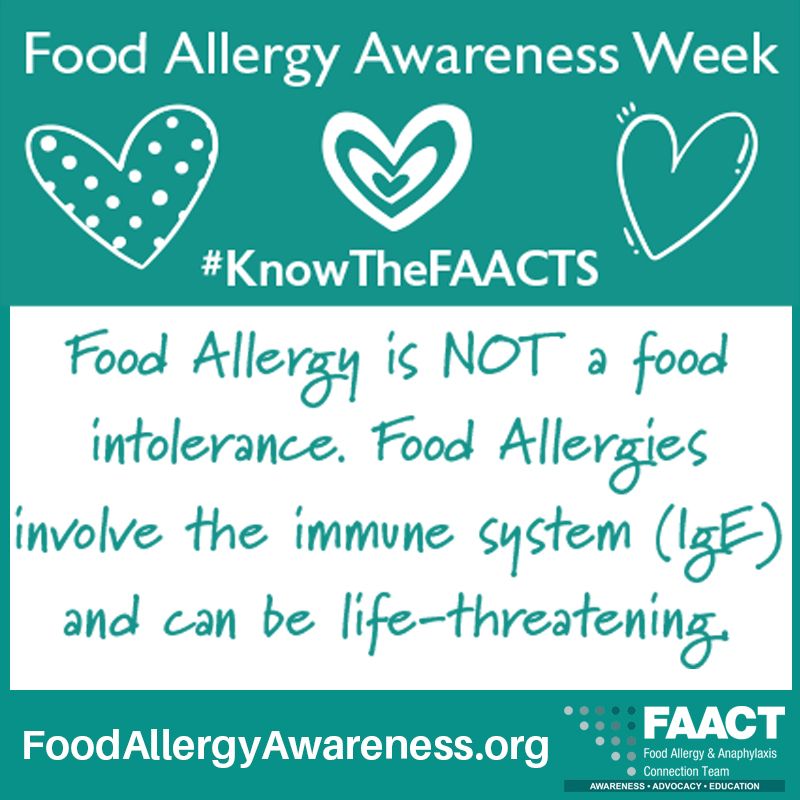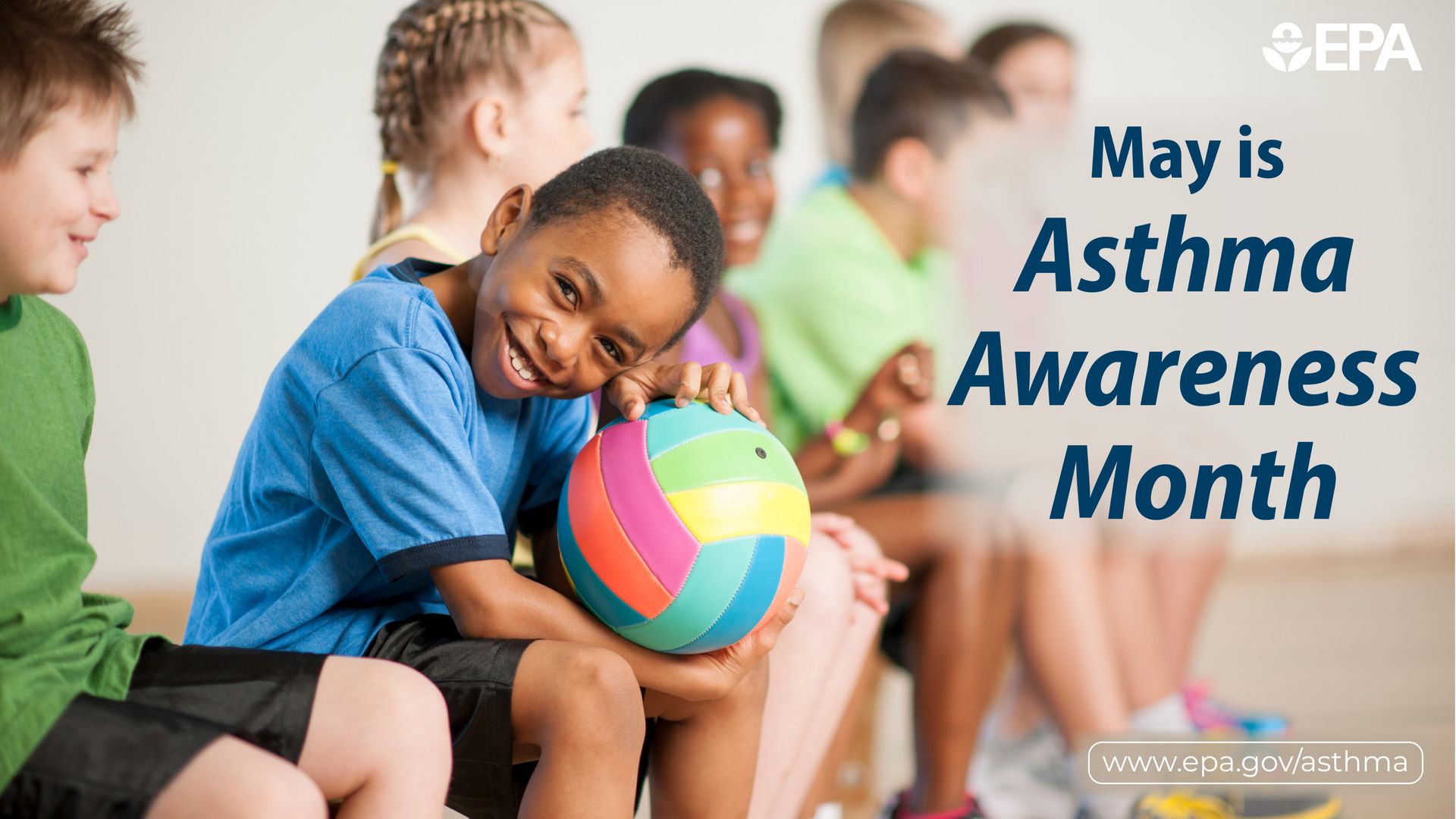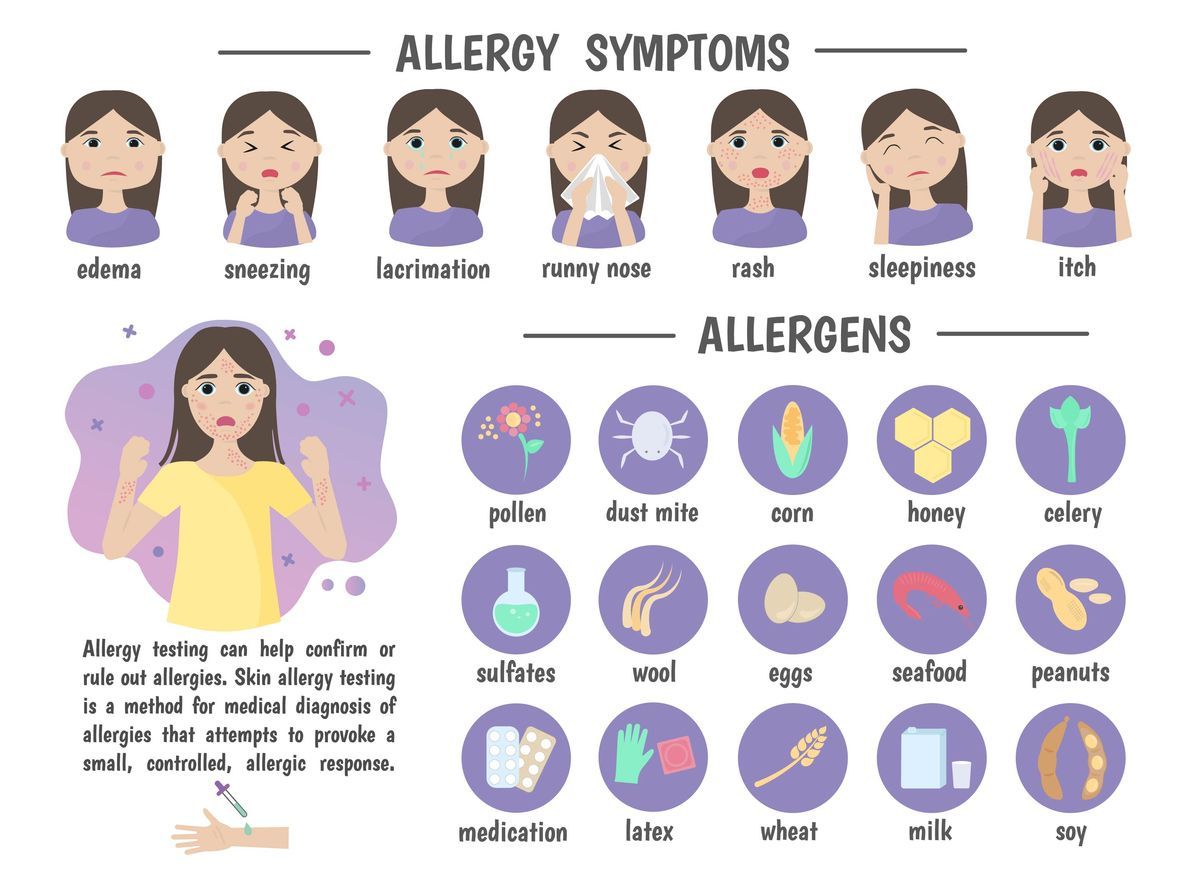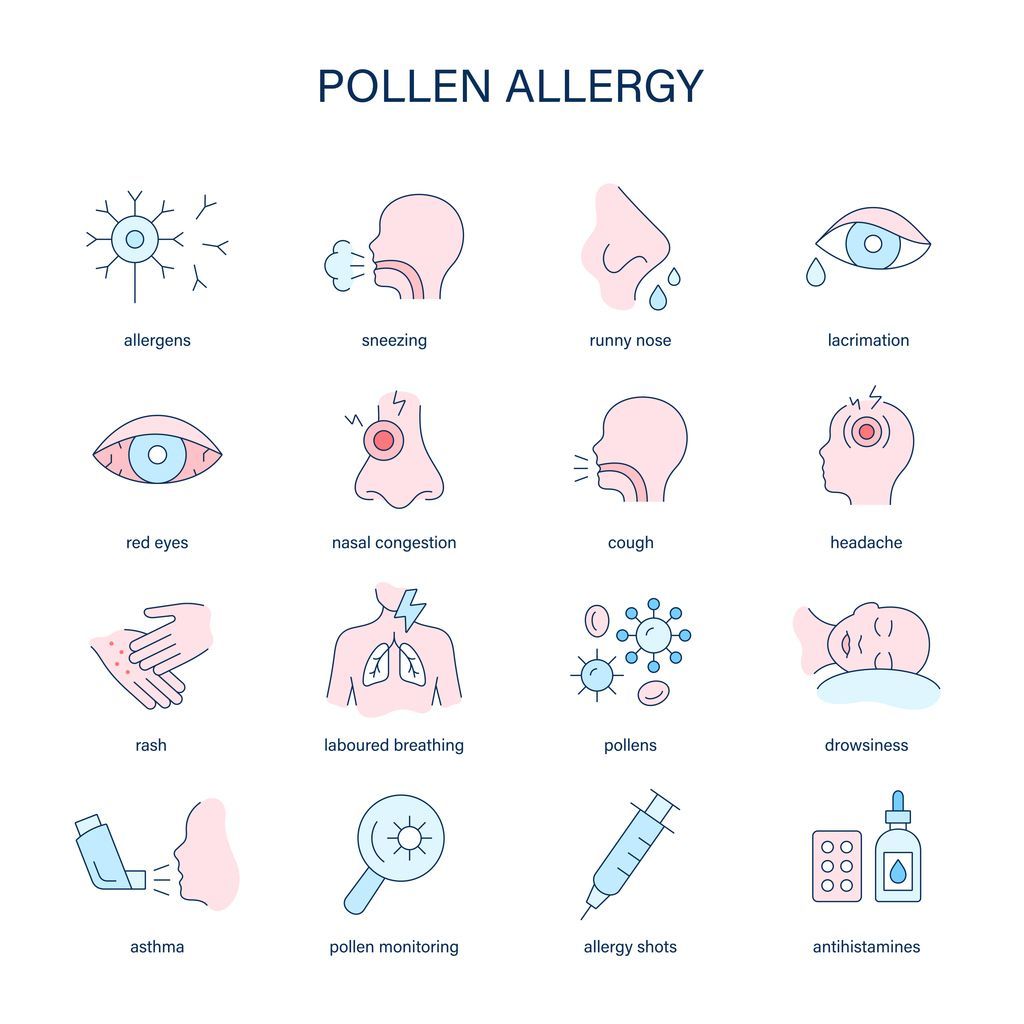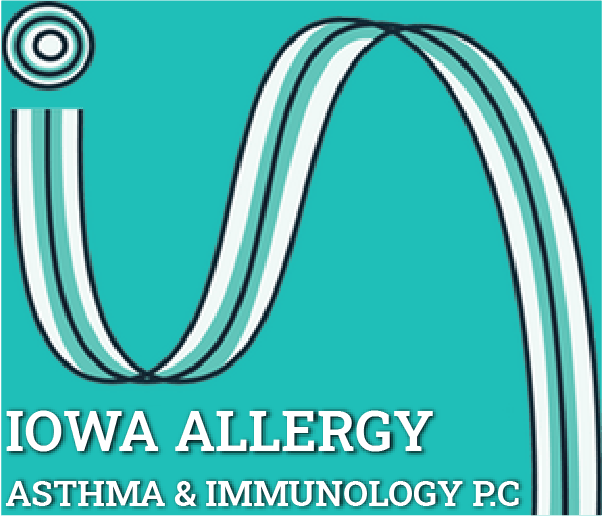Pediatric Food Allergy
Do You Suspect Your Child May Have a Food Allergy?

What is a pediatric food allergy?
A food allergy is when the immune system recognizes a food protein and starts to attack it. Food allergies may result in serious medical complications including anaphylaxis and very rarely, death. During the attack IgE antibodies to a particular food trigger histamine and other inflammatory chemicals to be released, causing an allergic reaction to said food. Around 8% of all children have at least one food allergy, commonly referred to as a pediatric food allergy.
How does a food allergy develop?
A child can have an allergic reaction to a food as early as the first oral ingestion of that food. It is hypothesized that a baby can become sensitized or recognize the food through contact of the skin or possibly through breastmilk. IgE antibodies attack the food and release histamine and other allergic chemicals to cause allergic symptoms.
How common are food allergies in kids?
Food allergies in children are not all uncommon. About 32 million people have food allergies in the U.S. (4,5). Kids can exhibit early signs of a food allergy at any age, whether they are an infant, toddler, or teenager. About 26 million (10.8%) U.S. adults have food allergies (4).
About 5.6 million (7.6%) U.S. children have food allergies. (5) Food allergies have increased among U.S. children over the past 20 years, with the greatest increase in African-American children. (7ess) Familiarizing yourself with the early signs of food allergies is crucial in combatting symptoms, which can range from mild to severe. Children with food allergies are two to four times more likely to have asthma or other allergic diseases (8), making it especially important to monitor for potential pediatric food allergy symptoms.
Although there are a variety of food allergies, symptoms, and reactions, there are eight most common food allergies in children:

What are the symptoms of food allergies?
Allergic reactions can occur within minutes to several hours of eating a food. Pediatric food allergy symptoms are different in every patient but can include:
- Nausea, vomiting
- Diarrhea, stomach cramping or pain Itching/redness/rash/hives
- Swelling of the lips, tongue, or mouth
- Throat tightness
- Coughing, trouble breathing, wheezing
- Runny/stuffy nose/sneezing
- Red/itchy eyes
Anaphylaxis: What you need to know about severe allergic reactions
Anaphylaxis is a severe allergic reaction that can occur quickly and very rarely result in death. The primary treatment for anaphylaxis is the use of an epinephrine auto-injector as soon as possible and calling 911. Anaphylaxis usually starts within minutes of eating a food but may appear hours later in some cases. Up to 20% of patients experience a second wave of symptoms hours or days after their initial food allergy symptoms have gone away.
Testing and treating food allergies in children
Before we discuss how to treat patients, first let’s review how we approach food allergy testing for kids. An important note about pediatric food allergy testing: it is relatively painless! Most patients report minor skin irritation. Rest assured, it will not be an elaborately painful process for your little ones.
When conducting food allergy testing for kids, we typically perform a
skin prick test. In some cases, blood tests are done to check for IgE antibodies to that food, which can help determine the severity or specific trigger for children’s food allergies.
Once we determine the specific trigger, as well as severity of symptoms, we are able to assess and create a customized approach to dealing with food allergies in kids. Several of our approaches to childhood food allergies include:
- Avoidance of food and carry an epinephrine auto-injector at all times in case of accidental ingestion.
- Food challenge, is a process by which a small amount of food is given by mouth in the office. The doses are increased over a period of several hours under the supervision of a provider. This is done to rule out food allergies when there is a reasonable probability that you may not be allergic to the food.
- Desensitization (oral immunotherapy) involves feeding an allergic individual a small amount of allergen in increasing amounts over time with the goal that the body will become desensitized to repeated exposure. A patient may be able to eat a large amount of the allergen in the future or at least have much mild reactions if they were to have an accidental ingestion. There are expected allergic reactions during desensitization with the most severe occurring on the first escalation day and during the build-up phase, but they can occur at any time.
Is it possible to outgrow a childhood food allergy?
There is no, ‘one shoe fits all’ when it comes to food allergies in children. Milk, egg, wheat, and soy allergies are often outgrown by adulthood. On the other hand, there is a much smaller chance of outgrowing peanut, tree nut, fish, and shellfish allergies. (9)
Food allergies can be life-threatening and impair quality of life. Recognizing the early signs of food allergies and researching food allergy testing process for kids is critical in guaranteeing that your child is receiving the best-in-class care they can.
If you suspect your child might have a food allergy, book an appointment today and let our team help with your child’s treatment! You can text or call us at
515-410-9400. To visit the Iowa Allergy nearest you, please visit our
West Des Moines location or
Ankeny location page.
References:
- Wang, Julie, and Andrew H. Liu. "Food allergies and asthma." Current opinion in allergy and clinical immunology 11.3 (2011): 249.
- Cianferoni, Antonella, and Antonella Muraro. "Food-induced anaphylaxis." Immunology and Allergy Clinics 32.1 (2012): 165-195.
- Worth, Allison, and Aziz Sheikh. "Food allergy and atopic eczema." Current opinion in allergy and clinical immunology 10.3 (2010): 226-230.
- Gupta, R. S., Warren, C. M., Smith, B. M., Jiang, J., Blumenstock, J. A., Davis, M. M., Schleimer, R. P., & Nadeau, K. C. (2019). Prevalence and Severity of Food Allergies Among US Adults. JAMA Network Open, 2(1), e185630. https://doi.org/10.1001/jamanetworkopen.2018.5630
- Gupta, R. S., Warren, C. M., Smith, B. M., Blumenstock, J. A., Jiang, J., Davis, M. M., & Nadeau, K. C. (2018). The Public Health Impact of Parent-Reported Childhood Food Allergies in the United States. Pediatrics, 142(6). https://doi.org/10.1542/peds.2018-1235
- Centers for Disease Control and Prevention. (2019). FastStats: Allergies and Hay Fever. U.S. Department of Health and Human Services. Retrieved from https://www.cdc.gov/nchs/fastats/allergies.htm
- Keet, C. A., Savage, J. H., Seopaul, S., Peng, R. D., Wood, R. A., & Matsui, E.C. (2014). Temporal Trends and Racial/Ethnic Disparity in Self-Reported Pediatric Food Allergy in the United States. Annals of Allergy, Asthma & Immunology, 112(3), 222-229.e3. https://doi.org/10.1016/j.anai.2013.12.007
- Branum, A., & Lukacs, S. (2019). Food Allergy Among U.S. Children: Trends in Prevalence and Hospitalizations. Centers for Disease Control and Prevention; National Center for Health Statistics. https://www.cdc.gov/nchs/products/databriefs/db10.htm
- Sicherer, S. H., & Sampson, H. A. (2014). Food Allergy: Epidemiology, Pathogenesis, Diagnosis, and Treatment. Journal of Allergy and Clinical Immunology, 133(2), 291-307.e5. https://doi.org/10.1016/j.jaci.2013.11.020


